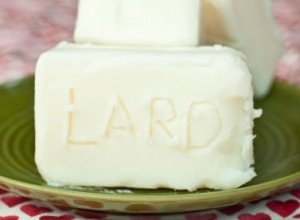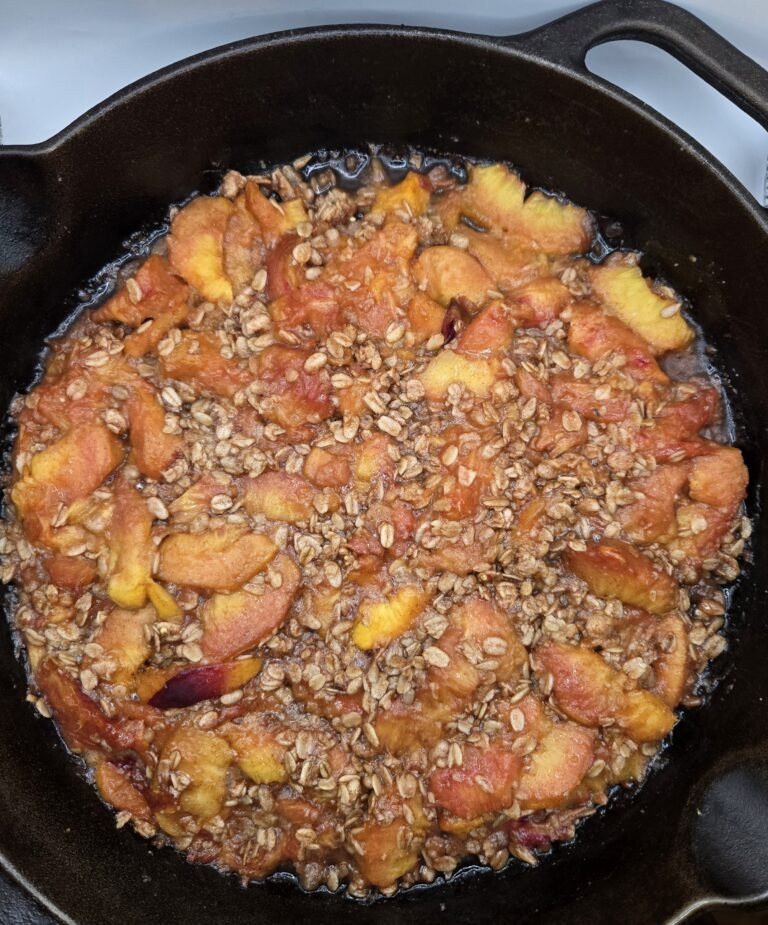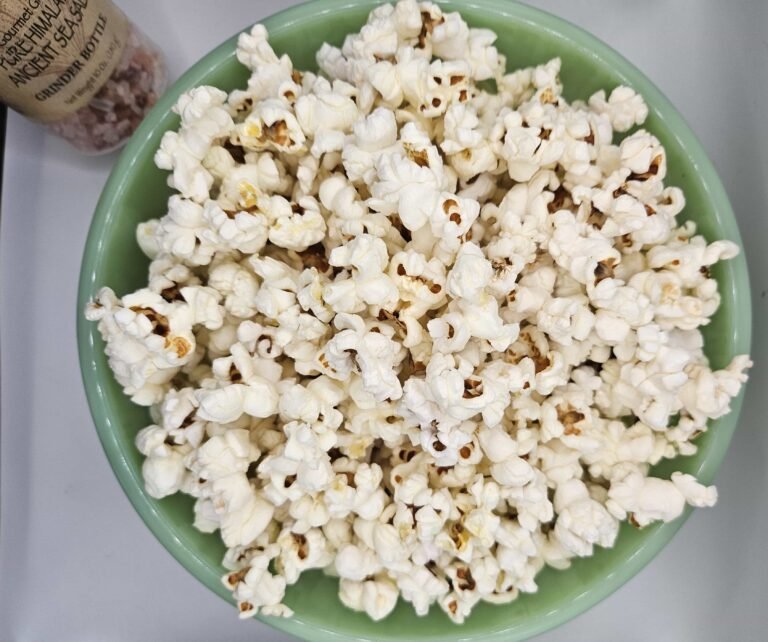Everyone knows now that trans fatty acids increase your risk of heart disease and stroke and are associated with a higher risk of developing type 2 diabetes.[1] Warnings about trans fats started in the 1950s and the FDA finally started banning them in 2013. They raise your bad (LDL) cholesterol levels and lower your good (HDL) cholesterol levels. Trans fats are created in the industrial process that adds hydrogen to liquid vegetable oils to make them more solid. Remember, though, that the FDA allows food processors to list trans fats as zero on labels if there is less than 1/2 gram of trans fats per tablespoon. A tablespoon is not very much, particularly when it comes to how much oil people use. If someone puts 1/2 cup of vegetable oil in a recipe, or deep fries food in vegetable oil, that’s a lot of trans fats. If you see “hydrogenated” on the label, it has trans fats.
Polyunsaturated fats (PUFAs) are probably the most confusing types of fats because they can be good or bad. PUFAs can lower LDL and include the essential fatty acids, like omega-3s, but they easily become rancid or oxidized in the presence of heat, light, or oxygen – especially high heat – that’s why we don’t cook with them. Oxidized PUFAs are free radicals that wreak havoc in the body, most of which I previously discussed. PUFAs also easily react and bond to proteins and sugars to create toxic by-products like advanced glycation end-products (AGEs), which are mainly known to lead to retinal damage and diabetes.[2] The best way to get PUFAs is by eating fatty fish (salmon, mackerel, herring and trout), nuts, and seeds, but a healthy diet has plenty of PUFAs so you don’t need to seek them out. We particularly want to stay away from PUFAs in vegetable oils which throw off the balance of omega-6 and are pro-inflammatory, leading to the inflammation diseases (like Crohn’s, CVD, arthritis, and cancers) we’ve discussed.
You know, lard got a really bad rap when the low- and non-fat craze started, but lard and butter and better for you than processed vegetable oils.
On another topic, now that the sun is out, the temperatures are up, and the snow is melting like crazy, besides making sure the basement doesn’t flood I need to start seed shopping for the spring garden – more on that to come!
[1] “Trans Fats,” Circulation Journal of the American Heart Association; Heart.org Getting Healthy, Nutrition Center; August 5, 2014.
[2] The role of advanced glycation end products in retinal ageing and disease, JV Glenn and AW Stitt, Biochemica et Biophysica Acta, 1790 (10), pgs 1109-16, October 2009.





